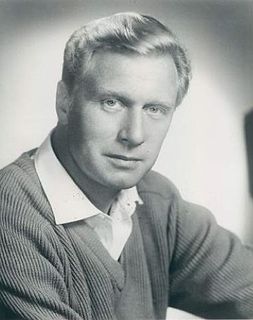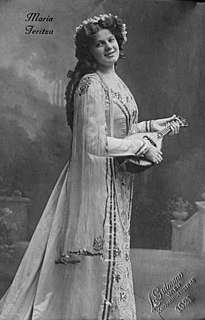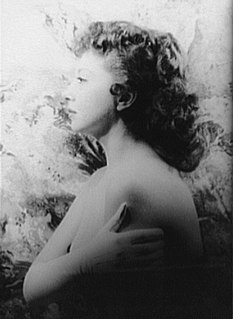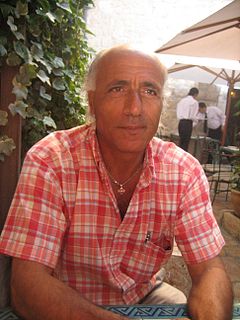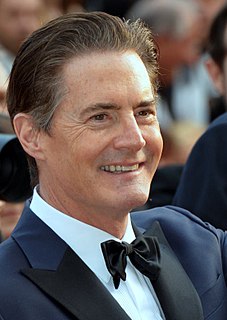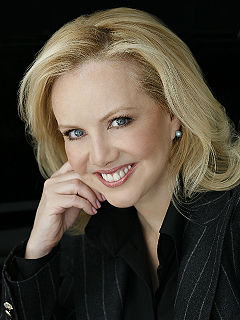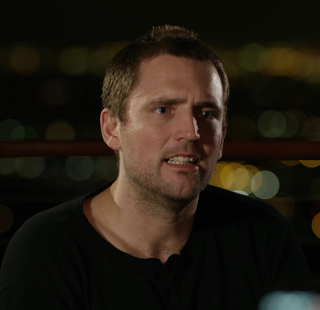A Quote by George Gaynes
I was an acting opera singer, and that's one of the reasons I left opera.
Related Quotes
I have never called myself an opera singer. Other people do, but I always call myself a classical singer. I'd love to do opera, but I'm still too young and I don't want to do it until I'm ready. I realise that when I do that it's going to be... up for discussion, shall we say, so I want to get it right.
One of my sisters wanted to be an opera singer. So, we spent a few dollars to try to train her, because Italian people would like to have an opera singer in the family. But she's got trouble coughing, let alone singing. One day, she was in the shower singing 'Madame Butterfly,' three days later the Japs attacked Pearl Harbor.
